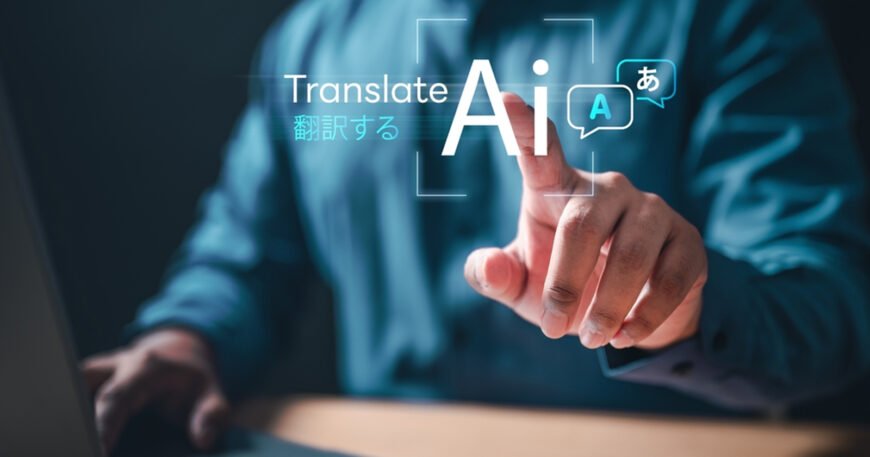Artificial Intelligence is revolutionizing the translation industry, making processes faster, more cost-effective, and scalable. Tools like neural machine translation (NMT), powered by AI, can instantly translate vast volumes of text, improving efficiency for routine or high-volume content. However, while AI excels at speed and pattern recognition, it still struggles with cultural nuances, tone, and context—areas where human translators remain indispensable.
The rise of AI is reshaping translator roles from direct translation to post-editing, quality control, and specialization. Real-time translation tools are also enhancing customer service, travel, and e-learning experiences.
Agencies and freelancers who embrace AI as a collaborative tool, rather than a competitor, will lead the next wave. The future of translation lies in a hybrid model—combining AI’s speed with human insight to deliver quality, localized, and culturally sensitive communication.
AI is not replacing translators; it’s redefining the way they work.



